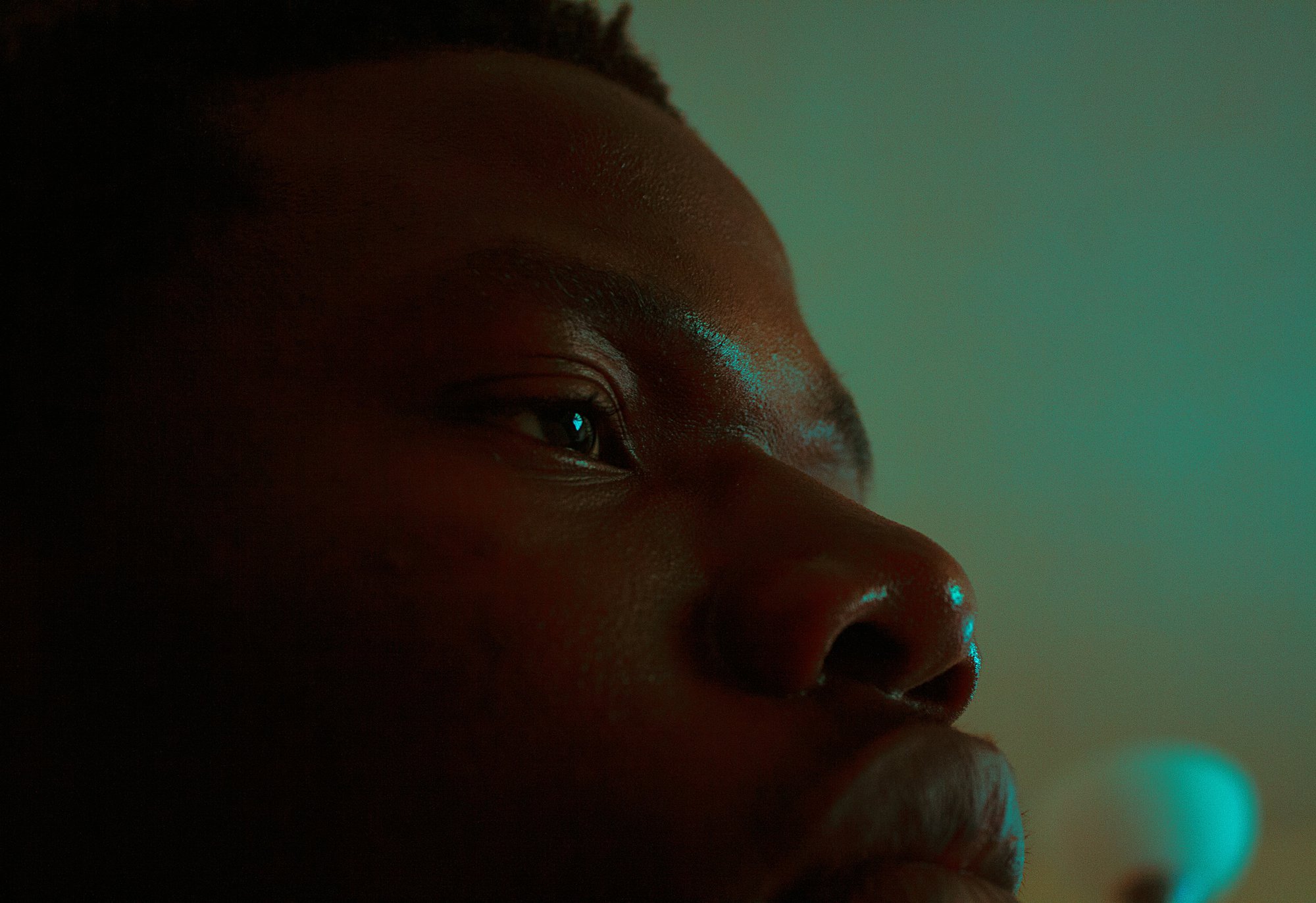Spotlight – Black History Month
Topics

This Black History Month, guest blogger Christabel takes a look at why people from Black or other minority ethnic backgrounds may be at greater risk of harm because of gambling, and what we can do about it.
The Gambling Commission estimates there are around 340,000 people classified as ‘problem gamblers’ in Great Britain. There are indications that in this group, most are likely to be from a Black or other minority ethnic background.
Black people only make up 3% of the UK general population, yet they are overrepresented in statistics around harmful gambling. Evidence suggests that people from these communities are less likely to gamble, however that they are more likely to suffer gambling harms when they do.
Research from around the world suggests that Black groups are more vulnerable to experiencing gambling related harm, at higher rates than their White and Asian counterparts – in 2009, AA Alegria found that prevalence rates of disordered gambling among Black groups (2.2%) were higher than of those from White groups (1.2%) which identified a need for targeted prevention strategies.
I wonder what steps we have collectively taken, 11 years later on, not only to increase our knowledge about the relationship between race, ethnicity and gambling related harms, but also to engage groups who have been found to be more vulnerable?
Over 30,000 people contact the National Gambling Helpline each year, seeking information, advice and support for themselves and their loved ones. The number of callers seeking help tends to increase year on year, and where we are able to and people are happy to provide this information, we gather demographic details from our callers including their ethnicity. Despite speaking to more people, to date our callers – and the clients we see across our treatment services – are still mostly from a ‘White British’ background. In 2018/19, just 4% of the gamblers we spoke to, and 1% of family members and friends contacting us, described themselves as ‘Black or Black British’.
To me, this begs the question: are gambling support services designed by Black people, for Black people and with Black people in mind?
It could be that a lack of culturally specific support services (for instance created for people from African or Caribbean communities) is a deterrent for Black people affected by gambling-related harm, but they may also experience a range of other barriers. Perhaps Black people have been left doubtful of predominantly ‘white’ support spaces? Or perhaps the language support services use, such as ‘hard to reach groups’, further marginalises an already marginalised group?
We also understand that different cultures have different experiences of gambling – for example, it’s forbidden for some, and that might also increase the shame and stigma someone feels about their situation. We never judge, no matter what, but it can still be more difficult to seek help in these circumstances – and so we need to work harder to remove barriers for those who need us.
Recognition should also be given to the fact that alongside increasingly accessible online gambling, placement of multiple gambling venues in areas where minority groups may be more concentrated can also create a cluster of issues. Prevalence of issues with gambling can also be affected by poverty and/or socioeconomic deprivation, (racial) trauma, abuse or a disproportionate criminalisation of Black groups, to name just a few things!
The Black community is also having these conversations now too – we want to see meaningful change. In reality there are still many Black women, men, children, trans and non-binary people who need our help and who may not yet have the confidence that our services are designed with them in mind, including being mindful of where their gambling issues intersect with other culturally specific experiences and the challenges they face in everyday life.
We want to be a catalyst for change, and while the first step is talking about these issues, we’re also open to partnerships and collaboration to help us make a difference. Let’s work together to shape the future we want to see!
Topics




